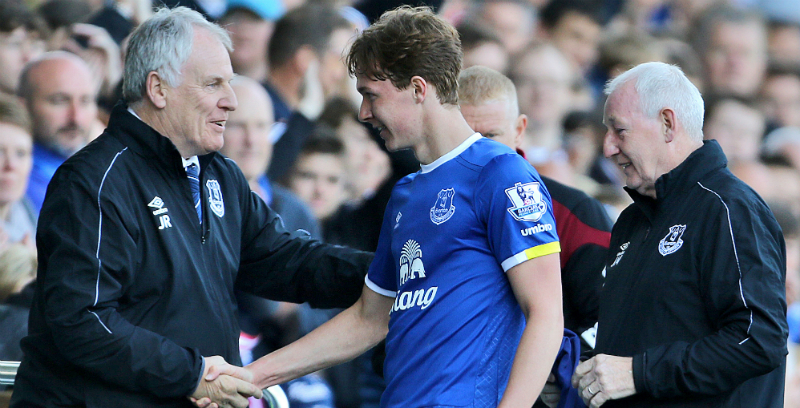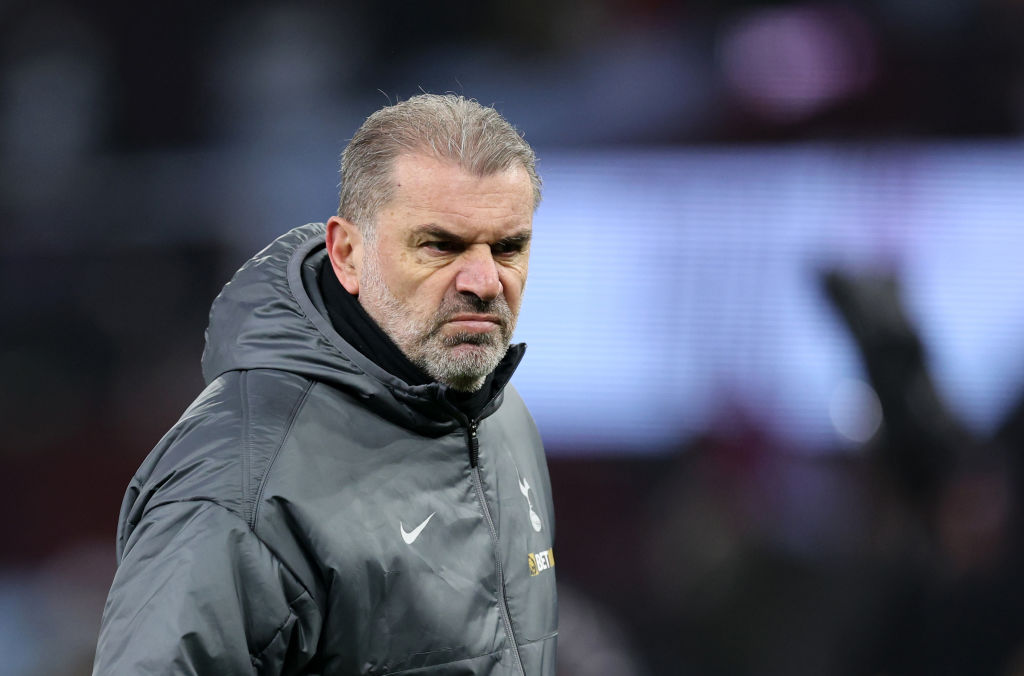Inside Everton's academy
Everton’s under-23 manager, David Unsworth, tells FFT how the club finds and develops young players
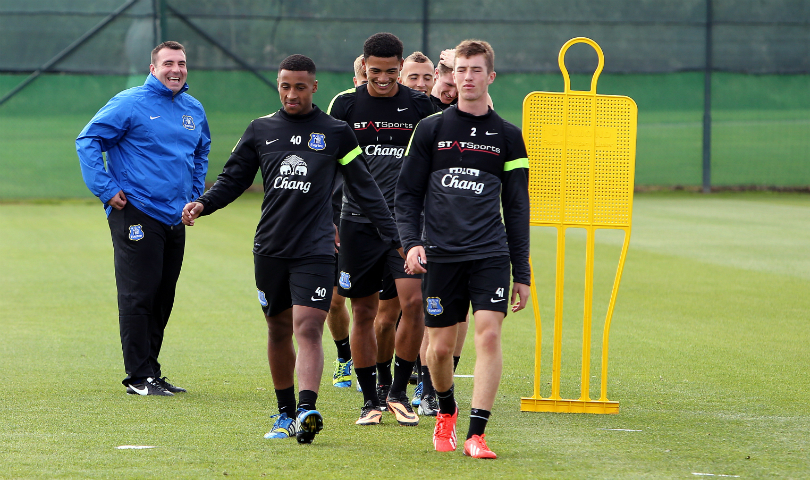
Everton have a rich history of producing young players – what’s the secret to the club’s success?
I think we get it right here. From a very early age all the way up to under-23 level and the first team, there’s a clear structure in the way we train our players from level to level. There’s also a great opportunity to play in the first team as well at the end of the process. A young player needs to know he’ll get an opportunity at the end. You can have the best academy in the world but if there’s no chance of them playing in the first team, you’re wasting your time.
Related story: Comolli: Psychology for young players
Why do you think Liverpool is such a hotbed of talent?
I think the north-west is a real hotbed. In school football you have four of the biggest clubs in world football on your doorstep. Naturally, it’s an area that produces street footballers; players that have a real desire and drive. They have the right mental attributes to succeed and then they’ve got good academies nearby to make the most of their ability.
Do you think English football will continue to produce street footballers?
Well, academies get players in younger and younger now, so school football has changed considerably since I was playing. When I was in school, you wouldn’t sign for a team before you were 14, so your education was on the streets. Now we’re signing players as young as seven or eight. But the great thing at Everton is that the current group at Everton have been together since they were nine or 10. There’s a real togetherness and they stand out because of that.
Get FourFourTwo Newsletter
The best features, fun and footballing quizzes, straight to your inbox every week.
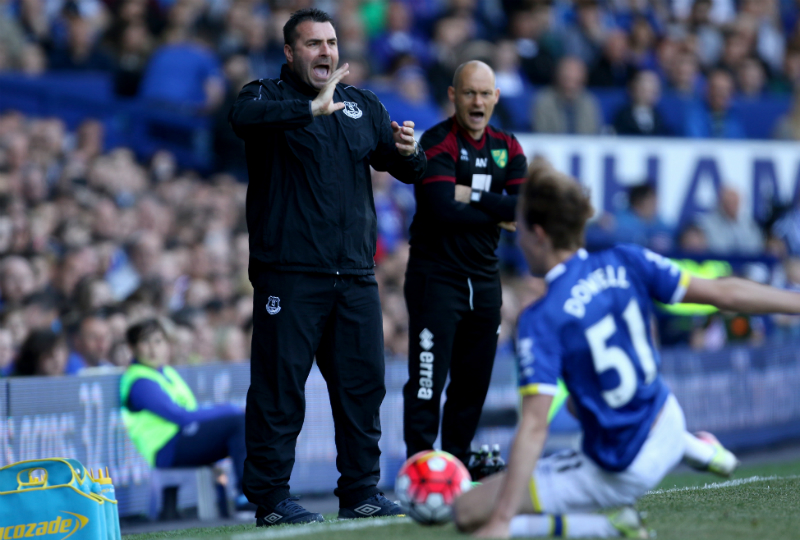
Do you agree with bringing a player into an academy at such a young age?
I’d say that there is more than one way to develop a player. We’ve got six lads who have made their debuts this season. One came from the Football League – Mason Holgate – others have been out on loan and a few have gone straight from the academy into the first team. I think it’s a very individual thing - different routes work for different players. One thing they all have is that burning desire to make it and you have to have that.
Related story: Tosh Farrell: How to get the best out of young players
Do you think English academies are producing more technical players?
I’m not sure we are. I think we’ve always had technical players but they’ve always been called something else. You couldn’t say Paul Gascoigne wasn’t a technical player and he didn’t come through an academy system. In the modern game we just talk about it a lot more, so naturally we’re more aware of technical players when we see them.
What are you looking for when you’re bringing a young player in?
You’re looking for technical ability. You can’t play in the Premier League without being technically adept. You’re looking for a level of physicality or at least the potential to have that. From a psychological point of view we’re looking for mental strength, desire, determination – that real hunger to be a footballer. You’re looking for outstanding quality – they have to have at least one outstanding attribute.
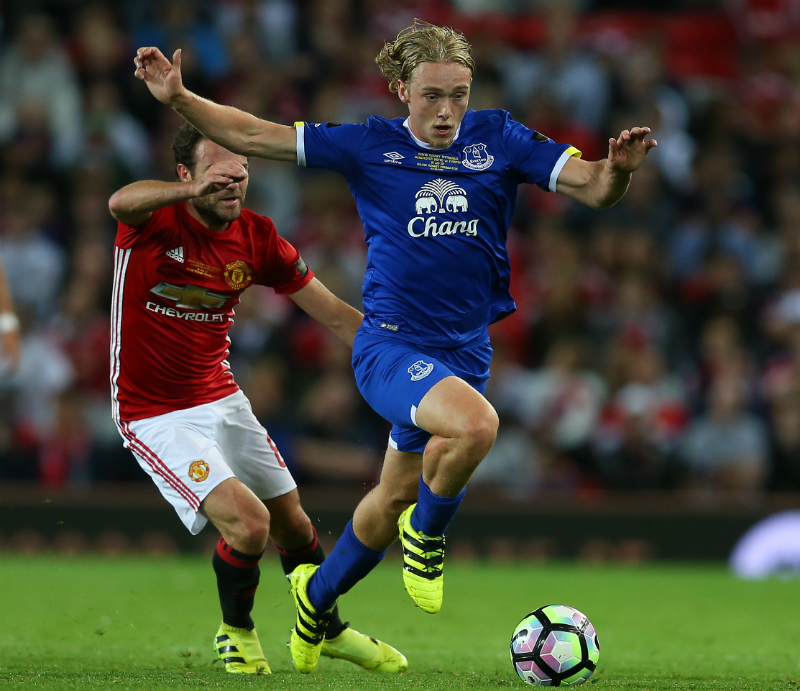
Some players develop slower physically than others – what’s Everton’s approach in that situation?
You wait. We have a lot of testing here; every individual player has a maturation plan. That involves really detailed physical testing. If he’s struggling a little bit physically, but technically and mentally he’s potentially a Premier League player, then we wait and work with him to develop the physical side of his game. It’s something we speak about all the time with all of our players.
Related story: Strength and conditioning for young players
Would you ever drop a player down a year?
There have been a lot of studies into bio-banding – grouping players by physical size rather than age. We do that quite regularly and with our younger age groups it’s an ongoing experiment to see how that affects development. The player and his parents are involved making that decision. You want to give every single player the chance to be as good as they’re going to be. If that means them dropping down a year or playing them up a couple of years then so be it. It’s different for every individual.
Do you think under-23 football is competitive enough to prepare them for first team football?
I don’t think there’s a right or wrong answer. I think young players need to experience under-23 games because it’s a different level of football. I also think that at this level it is very much an individual programme within a team structure. Under-23 players need to play games. If a player isn’t playing at under-23 level – he needs to go out on loan to a lower league club. If a player is about right for that level, he’ll play every week for the under-23s. However, if we think he’s too good for that level then he’ll go out to a Championship club on loan.
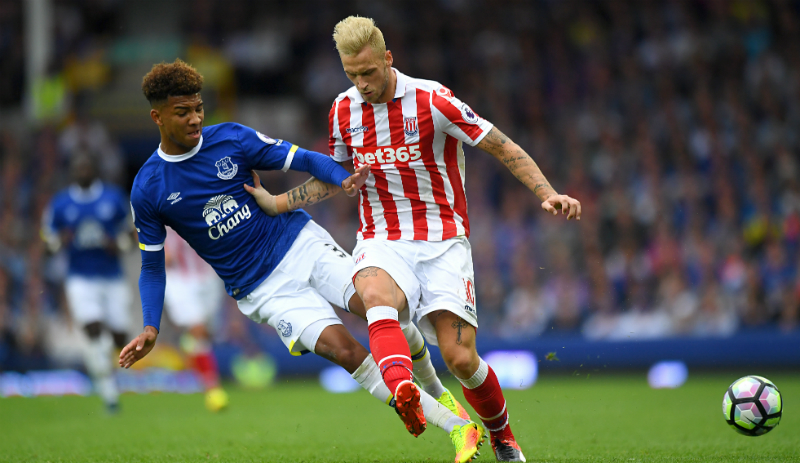
Is it important players experience playing in front of big crowds before they play for the first team?
Not always. We’ve had players who have gone out on loan and benefited from that and then others who have made the jump straight from the academy into the first team. Tom Davies and Kieran Dowell haven’t needed to go out on loan, they’ve thrived training and playing in the first team. We create a pressure within the academy that recreates the expectancy they’ll experience in the first team.
Related story: Ander Herrera: Thrive under pressure
Talent aside, what’s the difference between those who make it and those who don’t?
It’s hunger and it’s difficult to measure. You see every day the lads who want to train all the time and learn new things. It’s a never-ending cycle of wanting to do the right thing every single day. There’s no lazy days, you can’t afford to do that. Those who have made it here are those who are mentally really tough and continually evolve and never lose that hunger and desire.
